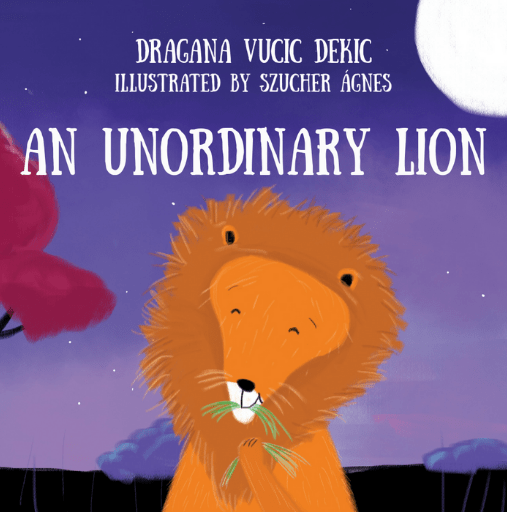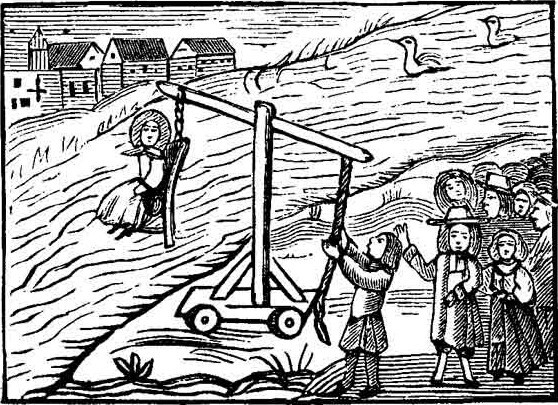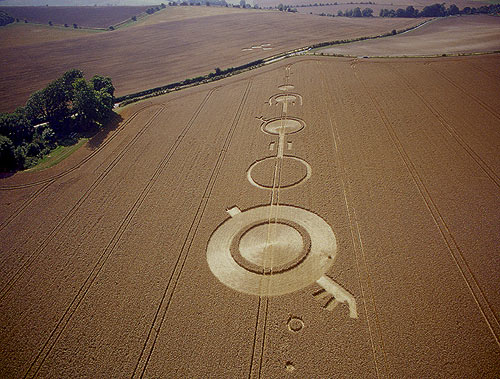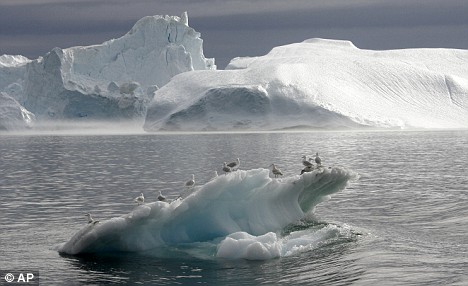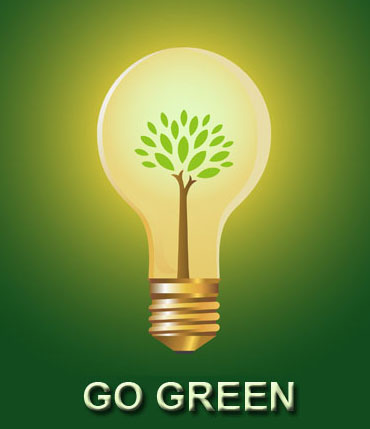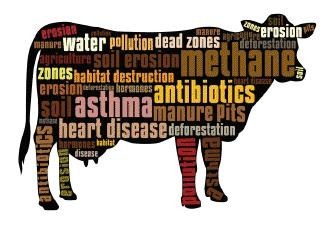A message from Shireen of Plant-Based Health Professionals UK:
Dear Members and Supporters,
We are delighted to be supporting World Plant Milk Day. It is today, August 22nd.
World Plant Milk Day is an international day that celebrates plant-based alternatives to dairy milk. Founded by Robbie Lockie, Co-founder of Plant Based News, in 2017 and established as a partnership with ProVeg in 2018, the campaign has attracted the attention of millions of people around the world and helped accelerate the transition from dairy milk to the rich variety of plant-based alternatives. In 2020, Switch4Good joined to reach more people and further the idea that ‘The Future Is Dairy-Free’.
We have been working with Eden Green PR to get the message out to media and the wider public that dairy is not necessary in the diet, can cause adverse health effects, is destructive to the environment and is incredibly cruel to the animals. Its continued promotion by Government excludes communities of colour who are more likely to to be lactose intolerant. We have had coverage in the Mirror on Sunday and Plant Based News.
The World Plant Milk Day website has some wonderful resources and articles from myself, team member Dr Leila Dehghan and our International board member Brenda Davis RD.
You will have read the incredibly misleading stories in the media funded by the dairy industry who are trying to promote cow’s milk as more environmentally friendly than soya milk. This is of course utter nonsense and based on flawed science. Plant Based News have published an excellent rebuttal.
Please support this excellent initiative by sharing the campaign and the 7 day dairy free challenge on social media, with friends, family and colleagues and let’s get dairy off the plate.
The future is dairy free!
Shireen
Thanks so much Shireen for this brilliant message. We’d like to add that it’s worth bearing in mind that vegans don’t have to eat soya anyway. We hardly ever do. Miranda and I have completely given up any kind of milk (milk is for babies). We drink water. We drink fruit smoothies. That’s it. We get our protein from green leafies and beans and peas and lentils. And we love those Linda McCartney pea protein sausages! 😀 And vegetable burgers made out of actual vegetables! 😀 So even when the whole world is vegan, there’s no need to worry about increased demand for soya products 😀
Have a great weekend! xx









